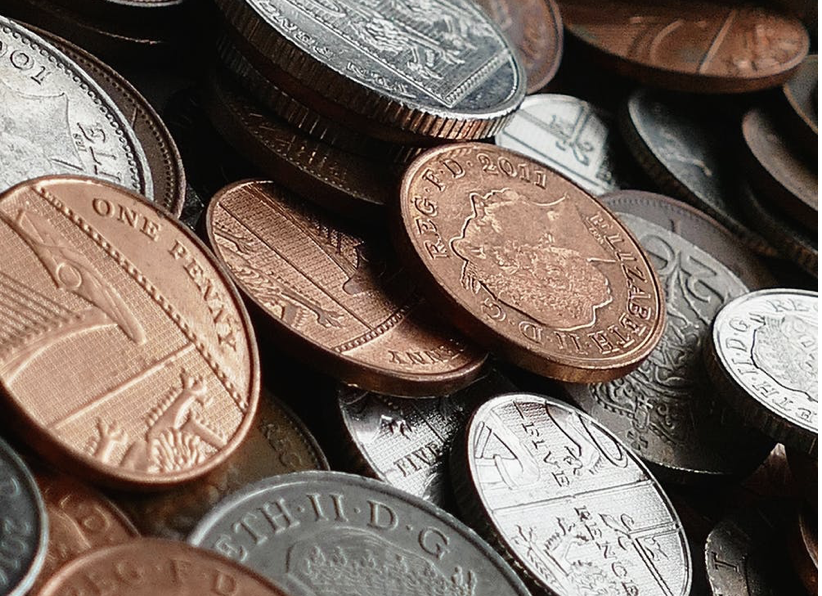Emergency funds provide money in case of an emergency such as car repairs, unexpected medical expenses or loss of a job. An emergency fund will allow you to pay for unexpected emergencies without using a credit card. Below are 3 steps to get you started saving for an emergency.
Open A Separate Bank Account
Open a separate bank account for your emergency fund. Out of sight, out of mind. It’s important to separate your emergency fund from other accounts. Your goal is to save for an emergency. Leaving money that’s designated for your emergency comingled with your regular checking account is destined to fail. Emergency funds should be designated to a high interest savings or checking account such as Ally Bank, Synchrony Bank or Marcus By Goldman Sachs. Online bank accounts normally pay higher interest then brick and mortar companies. Also, credit unions can be a good option.
One note of caution, refrain from putting your savings in risky investments, this is not money that you want to lose.
Start Off Small
If you don’t have a lot of extra money after you pay your bills, don’t give up. Small amounts of money saved on a consistent basis can quickly add up. If you purchase lunch five days a week, bring a bag lunch instead. Start with a goal of saving a $1,000. The minimum you should have for an emergency fund is six months to a year of living expenses.
Acknowledge your accomplishment. When you reach three months of living expenses in your emergency fund, celebrate your achievement; review how far you have come to reaching your savings goal.
Automate Your Contribution
Automate your contribution just like you would for a 401K-retirement account. Before you pay bills automate your savings contribution. This can be accomplished through your employers payroll department by direct deposit or through a checking account that you already have with your bank. The goal is to automate so that you can pay yourself first.
Automating your savings will help you to build up an emergency fund in no time. It’s always best to plan for the unexpected. The WMR is not a financial advisor, we are financial friends.

